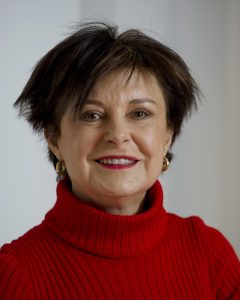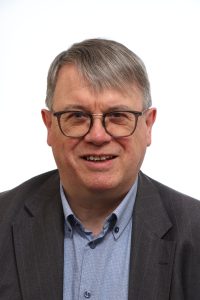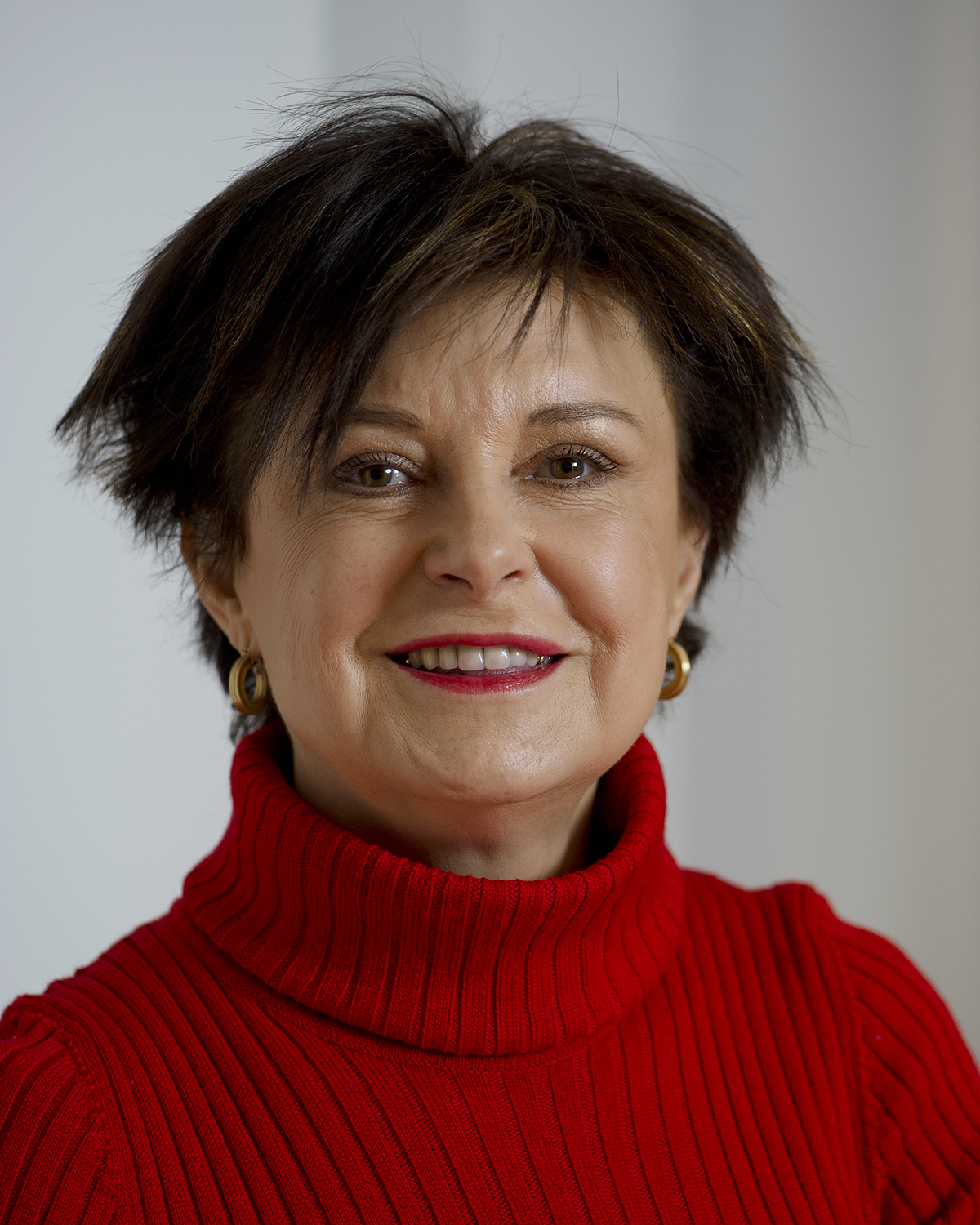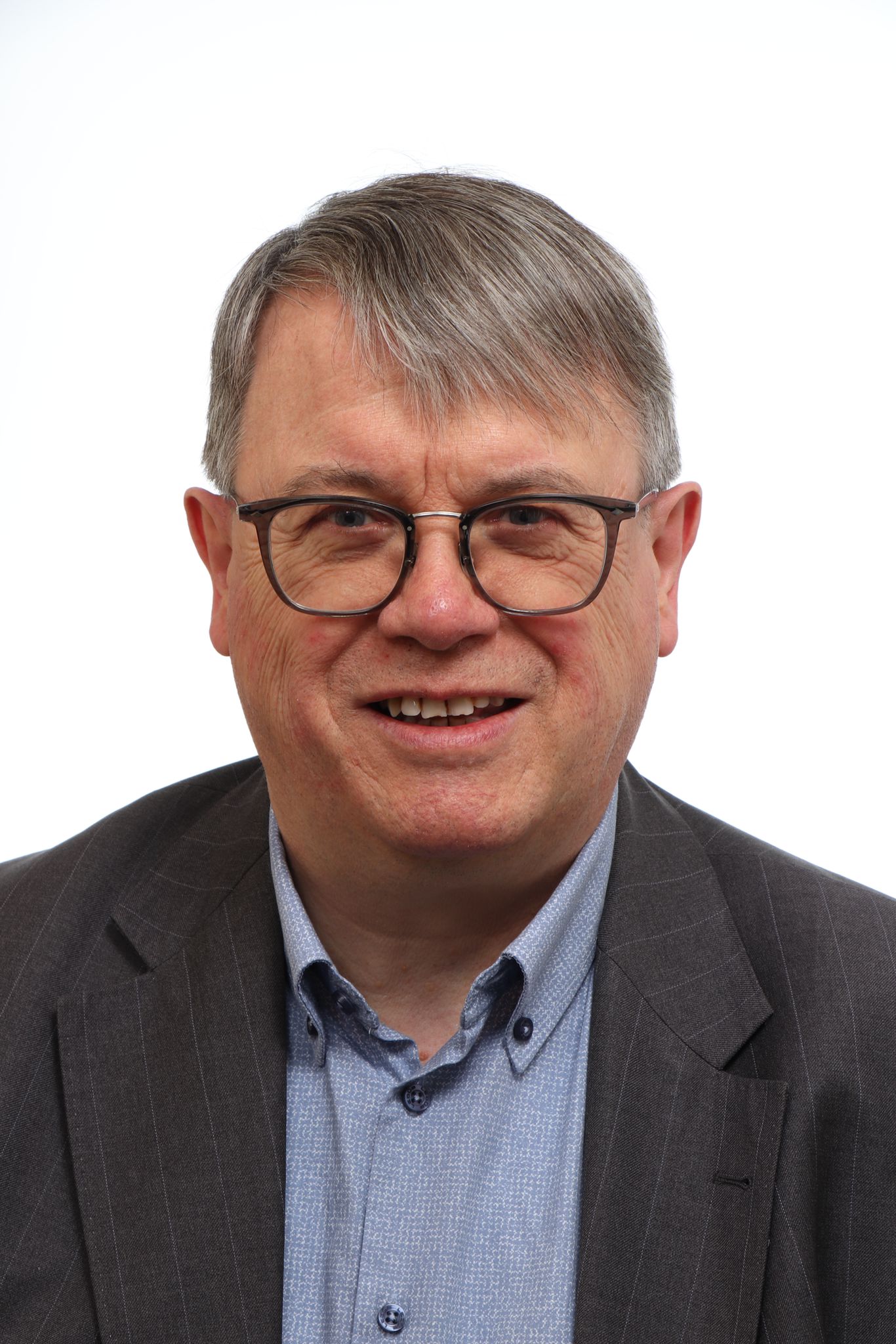On-Demand viewing of the complete program available! Six keynote lectures, 15 symposia, 15 workshops and 6 flash talk sessions!
Registered delegates and faculty keep access to the recordings of the session ( ‘on-demand viewing’ until 31 October 2025. The platform is here: https://fsmevents.uk/ecnp/2025/home . Your Log-in as communicated to you via mail is required. If you have trouble accessing, please contact the Euro-CNS secretariat.)
Those who did not attend and are interested to watch the recordings, please see our ‘registration for on-demand viewing’ page. Reduced rates apply for all categories.
The ePoster Platform ‘Learning Toolbox’ remains accessible until 15 January 2026. The ePoster Platform has open access, no registration is required. Also if you are not a registered delegate, please feel free to visit our ePoster Platform via the link above!
All abstracts including the abstracts of the invited speakers were published in Clinical Neuropathology issue 3-2025. You will find the download links on our Abstract Page.
SUMMARY
The 13th European Congress of Neuropathology was held in enchanting Maastricht, the Netherlands, from 11-14 June 2025. Under the motto ‘Knowing the Past, looking to the Future’ the congress organization was a combined effort of the Benelux countries (the Netherlands, Belgium and Luxembourg) in cooperation with European colleagues. Just as the Benelux was at the cradle of the European Union, the organizers attracted and inspired participants from all the European countries and beyond. The congress venue, the ancient city of Maastricht, played an important role throughout the history, from the Roman times to modern Europe. The congress venue was held at the modern and spacious convention center ‘MECC Maastricht‘ (MECC).
The scientific program featured state-of-the-art plenary lectures, symposia and workshops. Abstract authors presented their work in several symposia, workshops and in the flash talk sessions. Those who could not attend in-person were able to register for virtual participation and enjoyed the live-stream or watched/will be watching the recordings later. Our ePoster platform is open access and you are invited to take a look, if you did not do so already.
For the detailed scientific and the social program please see our ‘program‘ page.
Registration for virtual participation (access to the recorded sessions) will remain open until 31 October 2025. We recommend registering earlier as access to the recordings will close at 00:00 on 1 November 2025.
We hope you enjoyed the Congress, and those who did not have a chance to do so, please register to view the recordings!
Congress President: Bela Kubat (Maastricht, the Netherlands)
Program Chairs: Wilfred den Dunnen (Groningen, the Netherlands), Martin Lammens (Antwerp, Belgium)



Maastricht
Maastricht, a lively Romanesque city with an international character and edgy touch, is located in the heart of Europe with Germany and Belgium just a few kilometers away. The European Union as we
know it today was formally established in Maastricht (Maastricht Treaty 1991/1992). The city center is
a national heritage site. Stroll past monumental houses and churches, city walls, charming alleys, and
intimate squares and enjoy a drink at one of the many outdoor cafés. In addition to all of the charming,
romantic spots, you can stay in boutique design hotels, shop at high-end stores, and eat at critically acclaimed restaurants. And with everything within a short walking distance, you’ll quickly feel at home and have enough time to meet up with colleagues and enjoy social events in the evening.
BENELUX
Benelux is an economic union comprising three neighbouring monarchies: Belgium, the Netherlands, and Luxembourg. It was a precursor of the European Union. The region is more traditionally known in English as the Low Countries because they are all part of a plain near the North Sea, and parts of the Netherlands are so low as to actually be below sea-level, requiring dykes to keep the sea water out. They have shared a similar tragic modern history of invasion and occupation. This galvanized the countries to become major founders and joiners of international organisations in the post-war era in the hope of ending the threat of invasion. Nowadays, thanks to their reputation as honest brokers and their “neutral location” between France and Germany, these countries are the home to numerous international institutions, almost like a giant “capital district” for all of Europe, such as the international court in the Hague or the EU headquarters shared between Brussels and Luxembourg City.


